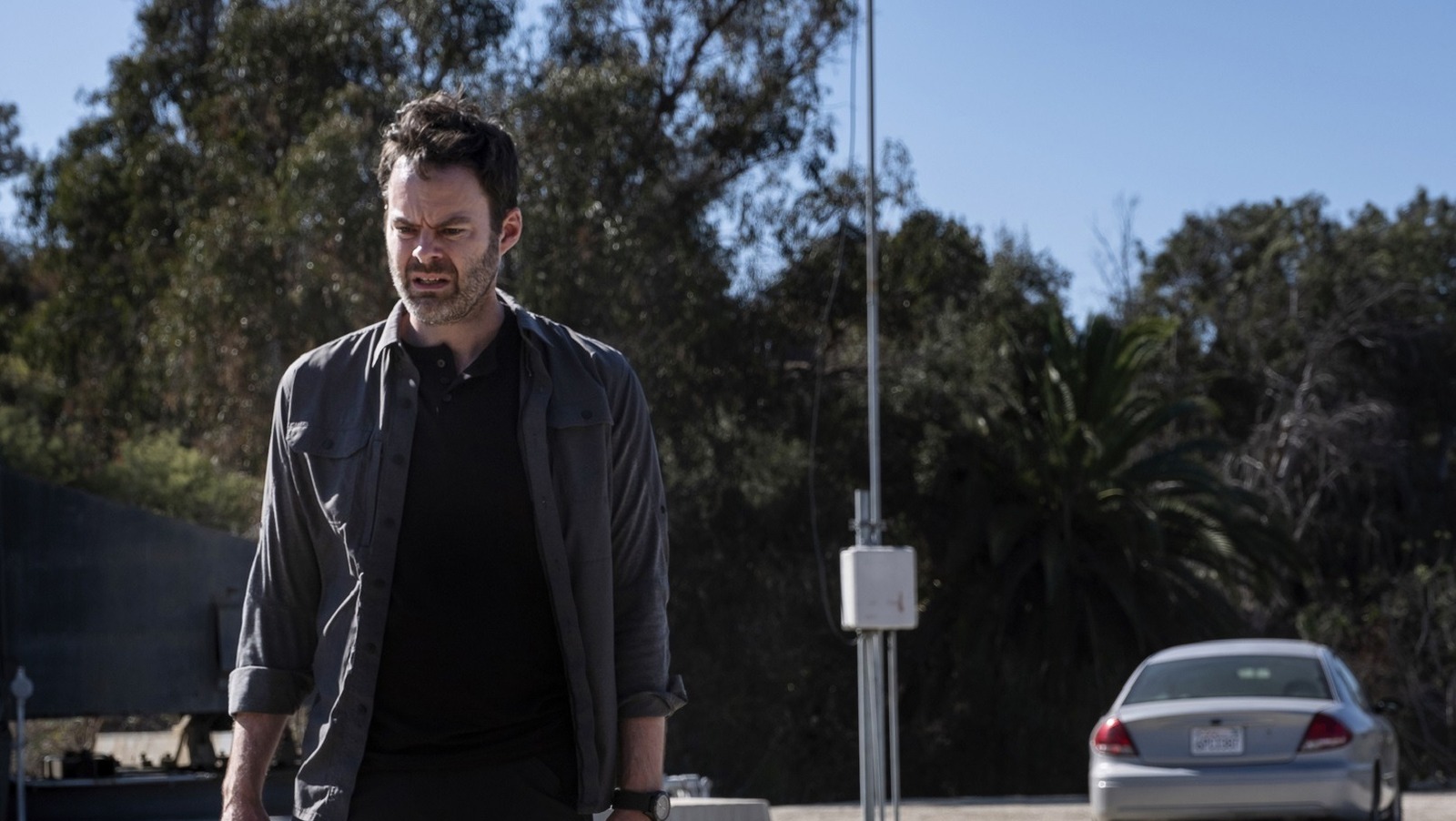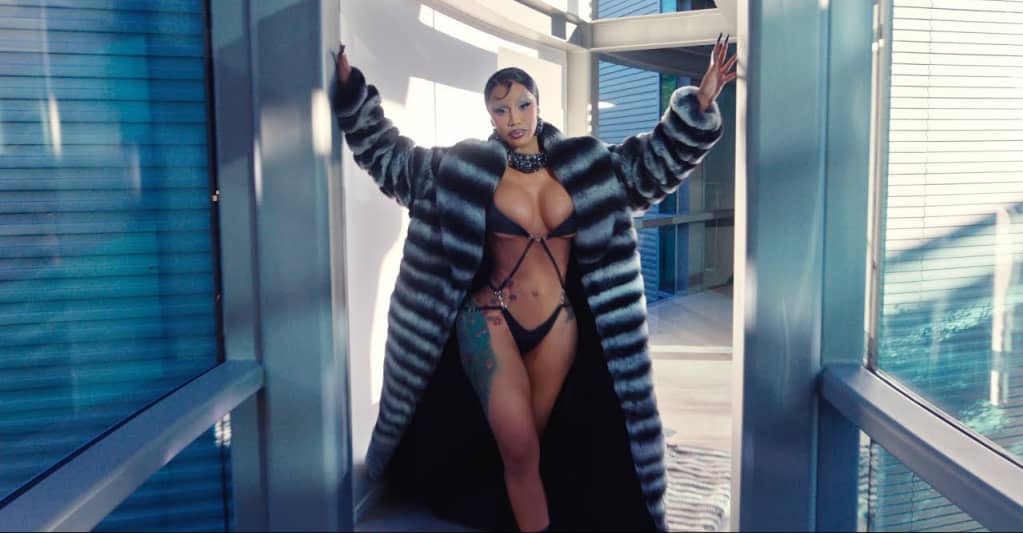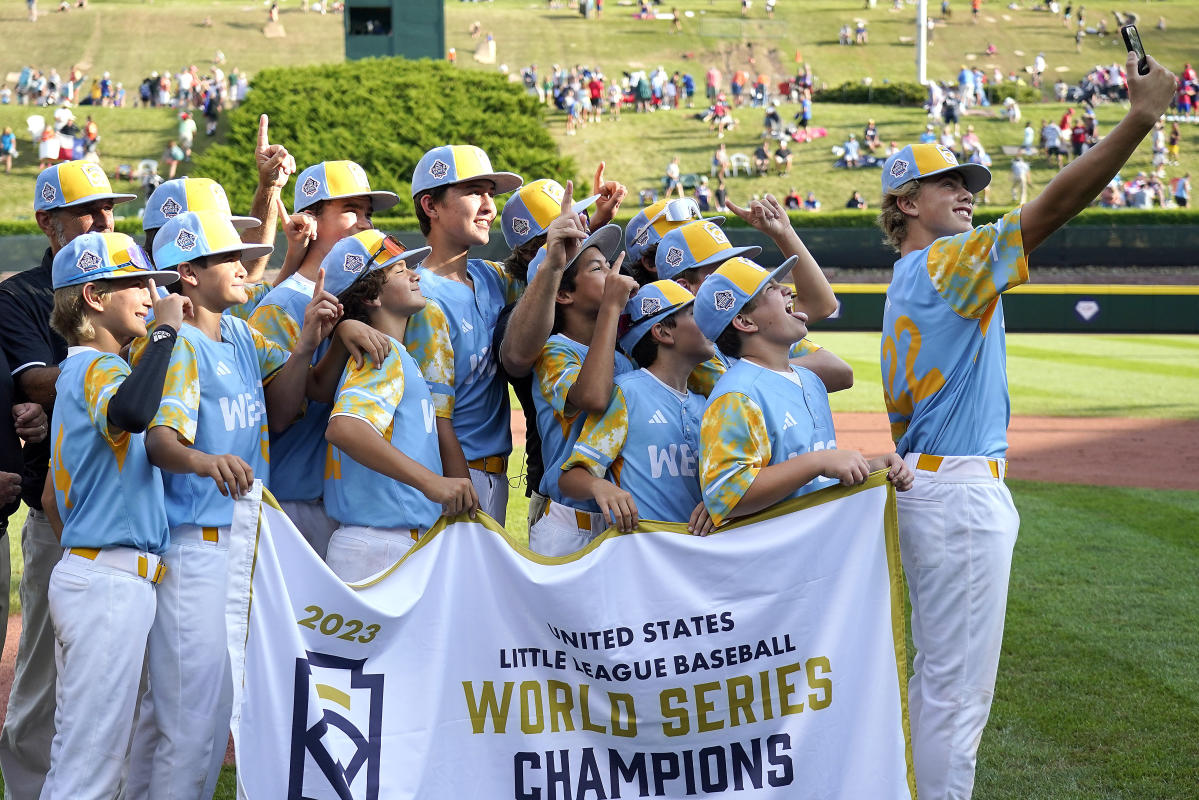#Janelle Monáe on Keeping Their ‘Glass Onion’ Characters Straight, the Film’s Queer Inclusion and Why They’re Not a Disruptor

Table of Contents
Janelle Monáe on Keeping Their ‘Glass Onion’ Characters Straight, the Film’s Queer Inclusion and Why They’re Not a Disruptor
Janelle Monáe’s latest role, as both of Glass Onion‘s heroes, is arguably as layered as director-writer Rian Johnson’s plot. And like the film, their characters — twins Andi, a tech innovator and Alpha co-founder, and Helen, a school teacher — offer a refreshing chapter in the murder mystery genre as Black women from Southern beginnings navigating a treacherous circle of coastal ladder climbers.
It’s a fitting part for the multihyphenate whose offscreen journey has notable parallels with that of their characters. Talking to the Kansas City native, they embody the salt-of-the-earth moniker that Midwesterners are known for. And in their work, they present a creative style and genius that has left an unmistakable (and coveted) mark in an industry filled with the prominent and powerful.
The role feels like a near-perfect fit for the kind of storytelling the glass ceiling-smashing queer nonbinary artist has embraced as part of their personal and artistic identity. It also doesn’t hurt that Monáe is a murder-mystery lover, having hosted Glass Onion-themed dinners ahead of the movie’s December release.
“I’m somebody who is obsessed with murder-mystery games like Mafia, Werewolf and Assassin. I play them with my friends and my family, so it just felt right. Like, I’m in one of the biggest murder-mystery franchises,” they told The Hollywood Reporter. “The coolest thing is hosting these parties with people and allowing people to engage with the film and with the genre in an interactive way.”
The Hollywood Reporter spoke with Monáe — who was honored with the SeeHer Award at Sunday night’s Critics Choice Awards — about their work on Glass Onion, including how they connected with their characters (and kept them straight); why their character smashed boxes at the beginning and end of the film; why the kind of diversity seen in Johnson’s murder mysteries isn’t a subversion of the genre; and what the role taught them about their own directorial ambitions.
There’s some interesting similarities between you, Andi and Helen in terms of where you come from and what you’ve navigated as Black people. And with your work tied to your android persona during your much-celebrated Dirty Computer music era, you came to this with some experience juggling different characterizations. Did that have any influence on your interest in the roles?
I think Rian Johnson wrote these characters that were just super appealing to me. You have Helen, who is from Northern Alabama and a school teacher who has a simple life, loves children, has no interest in hanging out with billionaires or anybody from New York who resembles the disruptors that her sister hangs out with. And Andi is this woman in all of the corporate roles — she’s the minority in the majority and she’s had to assimilate in order to reach a certain level. She has to make her presence felt in her because there are so many of those tech bros and glorified, self-named geniuses who look over her or try to take and steal her work because they have not an original idea of their own. So I knew both of those women. I just want to add that race was never mentioned in this script. Anybody could have played these characters. But because I am Black, all of a sudden, it means something different. I wanted to show up and honor those women that we know who every single day are not believed, who have things taken from them, and who ultimately stand up and avenge their sister — even if it’s not their biological sister. They stand up for all of the women who can’t stand up for themselves for whatever reason.
You were juggling two characters, but you were also doing that in a narrative arc where it wasn’t always clear who was who when to the audience. Did you film in chronological order to help that in your performance?
We didn’t film in chronological order. We filmed all over the place. On a Monday I could be playing Helen from nine in the morning to noon, and then from one to four, I was Helen pretending to be Andi. Or from almost six in the morning, I’m running up and down stairs as Helen pretending to be Andi after the audience finds out that she’s Helen. It took great precision, no lie. It took me knowing each of their spirits intimately so that when it was time to tap in, I knew where I was going. So I kept a notebook for Helen, I kept a notebook for Andi, I kept a notebook for Helen pretending to be Andi, that was able to remind me where I was and what my center was.
The film centers on a group of “disruptors” who really underscore the negative connotations of that. But do you feel like Helen and Andi are both disruptors in a good way? And do you feel like you as an artist have come in and disrupted the industry in any way?
I think Helen is a true disruptor, the truest disruptor of them all. I think that Andy did want to disrupt and break down those systems that allowed for people like Miles Bron to have abused their power. I don’t think Andy abused her power. I think she really wanted to do good with Alpha and her platform and the money that they made and the influence that they had. I just think she was caught in a bad system. And no, other people have probably thought of me as a disruptor and that’s fine. But I don’t think it’s within great taste to walk around calling myself a disruptor. I do know how to burn shit down and I think that when I came into the music industry and into the entertainment industry there was something different and unique that I wanted to bring to it. And I’ve tried to stay honest to my evolution and to my vision as I possibly can no matter what climate our industry is in.
Glass Onion has many of the trappings of classic movie murder mysteries but one of the things that really does make it modern is its inclusivity. Do you think that’s now part of how you tell a modern murder mystery and maybe part of what attracts people to it?
I think Rian is writing to our times in the same way as one of his heroes Agatha Christie was. She was writing for her times and subverting the genres. I think we know these characters, we see them every single day. We see the amalgamation of a billionaire tech bro. And this is not just a man, these are women and men in positions abusing their power. We know the scientist and the politicians and washed-up models-turned-influencers or fashion designers. We know the men’s rights YouTube activists and we know the teachers and Black women and the Black queer women and the minority in the majority who have to navigate these spaces and structures that are simply not built for them. We know these people, right? And if we don’t, we are able to get to know them through this work. I feel like first and foremost, this is a form of entertainment and I think Rian would agree. We are here to entertain, this is a whodunnit. It’s already like a game of Clue and it’s meant to be fun and all of that, but you cannot help because of the times that we’re in to connect those dots. I think people bring with them the experiences that they know and they see it through that lens.
Audiences learn about Benoit Blanc’s (Daniel Craig) husband, but seeing you in the leading roles as a queer nonbinary person, even though your characters aren’t, also added to how Glass Onion — along with its colorful palette and fun dramatics — made this follow-up feel more inclusive than the first film. Was that important in terms of this role and your larger body of work?
I didn’t know anything about Benoit’s personal life and it was just a treat when I saw the film for the first time with Hugh Grant as his partner. I’m obviously part of the LGBTQI+ community and I felt proud. It just felt normal and I love that. I think representation is always important, especially looking at the climate we’re in. We’re still trying to fight back against certain laws and trying to convince people that we are to be respected and loved and to have equal rights. It’s just asinine, quite frankly, to still be having that conversation or to ever be having that conversation as though our queerness is a response to heteronormative behavior or heterosexual folks. We’ve existed throughout history. So my hope is that through art in general we can continue to show that representation and show the freeness and the love and the care in which we share our stories on screen and remind people of who we are and that we’re here to stay.
There’s been a lot of talk about the smashing of glass statues, but there was another moment early in the film where your character smashes the puzzle box invitation. How was the box versus glass smashing and what was the significance of those moments to you?
Both experiences were cathartic. (Laughs) With smashing the box, Miles really wanted us to open up the box and go through his experience and show off how genius but not genius he is. It was just great that Helen and the audience thought it was Andi at the time, but it was great that Helen just said, “Forget all of that. I’m going to get to the bottom of who killed my sister.” That was foreshadowing what she was going to do at the end of the film, which was she burned things down. I thoroughly enjoyed filming it, even though the box itself was gorgeous. The way in which our production department created it, I wanted to take it home quite honestly. But it needed to be beat up and battered.
At the murder-mystery dinner you hosted in New York, I took some of the clues and other props home with me because it just felt like a fun experience I wanted to hold onto. Did you take anything, literally or metaphorically, with you from working on this movie?
I didn’t get a chance to take anything physical, although I did want that dress that I had on at the beginning of the film — the red black and white one. I think I probably took some houseshoes slippers that I would put on after running around the set. And I took home all the memories that I had of filming with my castmates who are now family to me. I watched Rian Johnson never lose his cool. He stayed so calm, cool and collected and checked in with us as human beings. I also think the thing that I took from that is when I’d start directing, I want to make my actors feel the same way Rian Johnson made me feel. The next thing that I do and after that, if I’m fortunate to do more, is to have a cast that becomes my family. Those are the things that I took from the shoot.
Interview edited for length and clarity.
If you liked the article, do not forget to share it with your friends. Follow us on Google News too, click on the star and choose us from your favorites.
For forums sites go to Forum.BuradaBiliyorum.Com
If you want to read more Like this articles, you can visit our Social Media category.




